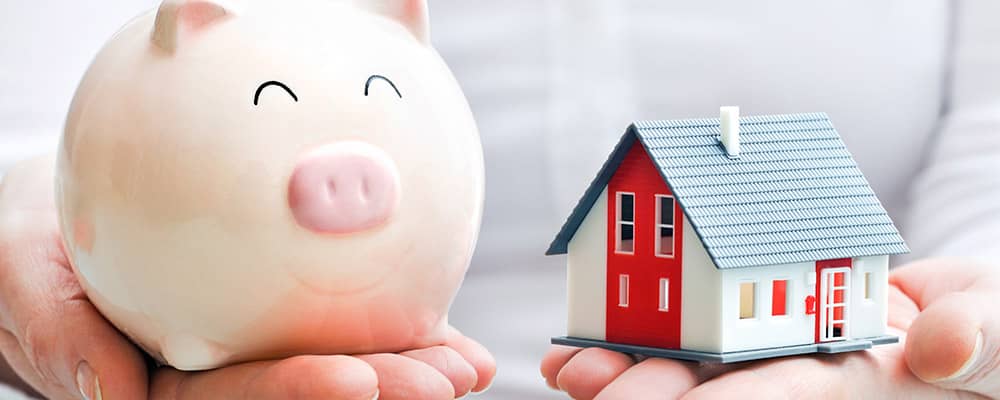Cash Out Refinance Mortgage
- Bill Slusser
- Home Loans

Housing prices have begun to recover. According to the National Association of Realtors, the existing median single-family home price rose 12.9 percent in the period from May 2012 to May 2013, the largest annual gain in seven years.
This upward ascent in housing prices has had a broad ripple effect, steadily lifting the value of homes in most areas of the country.
Now that the real estate market continues to stabilize and housing prices are on the rise, this is a good time to think about putting your home's equity to beneficial use. One opportunity to consider is a Cash Out Refinance Mortgage.
Accessing Home Equity
A Cash Out Refinance mortgage is a transaction in which the new mortgage amount is greater than the existing mortgage amount. The purpose of a Cash Out Refinance is to extract equity from the borrower's home.
This is a popular way for borrowers to access the equity in their homes to generate cash funds for other purposes.
A Cash Out Refinance pays off your existing first mortgage. This creates a new mortgage loan which is likely to be different than your original loan — meaning you may have a different type of loan, a different interest rate, as well as a longer or shorter time period for paying off your loan.
It will also result in a new payment amortization schedule, which designates the monthly payments you'll need to make in order to pay off the mortgage principal and interest by the end of the loan term.
Reasons to Cash Out
Many homeowners use a Cash Out Refinance for debt consolidation. They may use their funds to pay off high interest credit card or other revolving debt, so instead of paying 20% or higher, they can pay off their existing balances and save money by paying less interest that may also be tax deductible.
Other homeowners may pull cash out to make improvements to their home which may increase its value, lower their loan-to-value ratio and improve the quality of their living situation.
Still others may pull cash out to make a major purchase like a vacation home or an automobile, or to utilize the funds for college tuition. Others may believe that they can invest the money and receive a better rate of return.
Additional Cash Out Benefits
Mortgage interest is tax deductible so it's possible there could be significant tax benefits when high interest debt is rolled into a mortgage payment (please consult your tax advisor).
In addition, interest rates are typically lower on Cash Out Refinance mortgages than on second mortgage home equity loans and home equity lines of credit, making this an attractive financing option.
Example of Cash Out Refinance
Let's look at an example where a homeowner wishes to get $100,000 cash out of their home:
Home value: $500,000
Existing liens: $300,000 (current loan balance)
Home equity: $200,000
In the above example, the homeowner has an existing mortgage balance of $300,000. The home is currently worth $500,000, so the homeowner has $200,000 in home equity.
In other words, the homeowner essentially owns $200,000 of their home, or 40% of the current property value. As mentioned, if the homeowner wishes to tap into that equity, they can execute a Cash Out Refinance:
Home Value: $500,000
Existing liens: $400,000 ($400,000 new 1st mortgage)
Home equity: $100,000
In this example, the homeowner refinanced their original $300,000 mortgage and took $100,000 cash out, creating a new $400,000 mortgage. The homeowner still has a single loan but with a completely new mortgage and a fresh rate and term, in addition to the lump sum of $100,000 which will be issued at the time of closing.
Important Considerations
When looking to execute a cash-out refinance, it's important to decide what is best for your specific financial situation. Borrowers need to make a clear assessment of whether extracting equity from their home makes financial sense for them.
Here are some important questions to consider:
- Are current interest rates lower than your existing financing?
- How much cash do you need?
- What's the monthly payment amount?
- What's the effect on your taxes?
- What's the total cost of borrowing?
- What's your break-even point?
Don't forget to check out our refinancing calculator to start the process!
Like our blogs? Use the "Resource Sign-Up" button to the right to receive more useful info!
